The worldwide web is 25: 10 ways the internet revolutionised our lives
The web has changed everything from the way we shop to how we communicate.
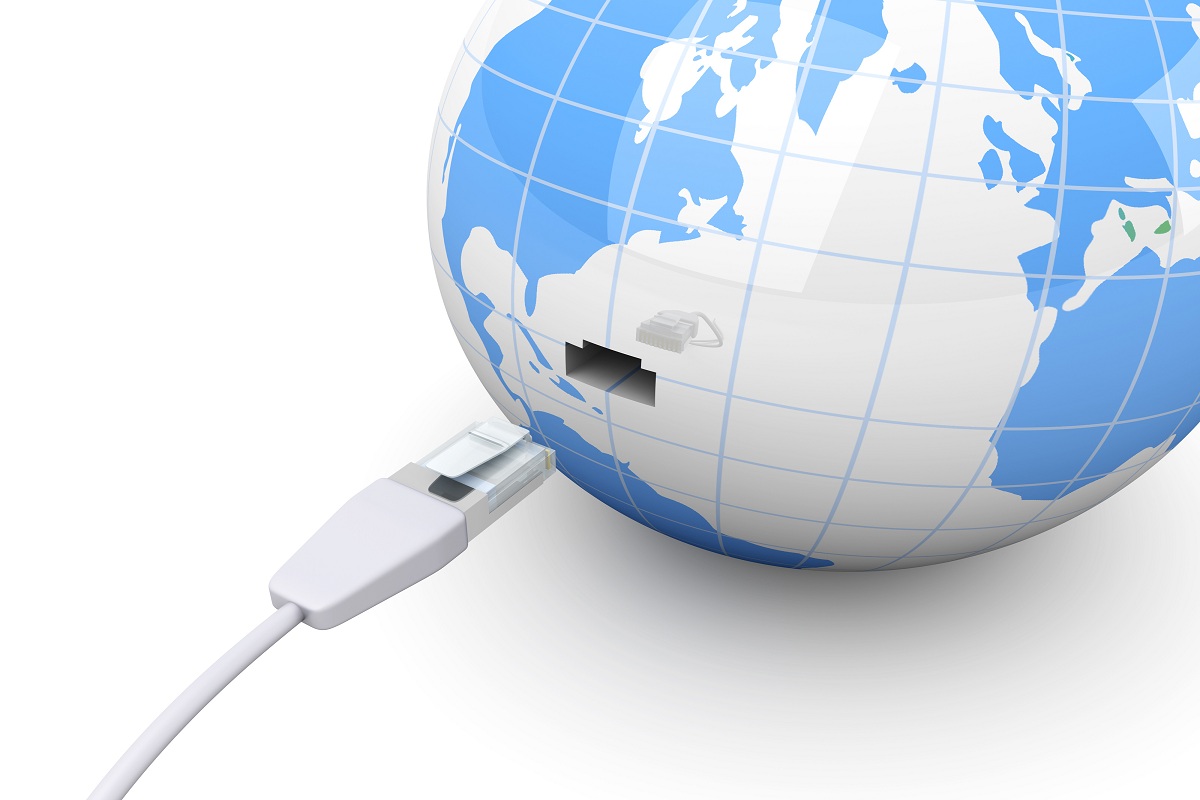
The Worldwide Web has revolutionised the way we work, travel and keep in touch since its inception 25 years ago. Originally used for basic things, such as email, the web has developed to become an integral part of the daily lives of billions of people.
Traditional business models have been turned on their head and cyberspace has also been responsible for creating a vast number of jobs. It's estimated that by 2015 the cloud will be responsible for putting 15 million people into work.
We take a look a the evolution of the internet and the 10 things it's used for today:
1. Retail
Websites such as Amazon and eBay have changed the way we shop. Amazon was able to undercut the high street because it didn't have to pay the same overheads and shipped goods from its warehouse. Not only did it introduce cheaper goods, but it delivered directly to the door of the customer. Meanwhile, eBay allowed users to sell their second hand goods in an online auction, while taking a small cut of the sale.
All established retailers now have an online presence. Those who didn't act quickly enough - such as BlockBuster and Comet have disappeared. Meanwhile, former high street giants, such as HMV, have been left to rue the missed opportunities.
Price comparison websites have cropped up allowing you to find the cheapest deals around the web. Even major supermarkets - from Asda to Sainsbury's - have got in on the act, allowing you to order online and have the weekly shop delivered to your house.
Get the ITPro daily newsletter
Sign up today and you will receive a free copy of our Future Focus 2025 report - the leading guidance on AI, cybersecurity and other IT challenges as per 700+ senior executives
2. Porn
The adult entertainment industry has used the web to reach a global audience. It's a common misconception that porn sites are the most popular on the web. While they certainly rack up the hits, they do not yet appear amongst the top 10 most visited websites in the world.
According to Alexa traffic stats, the most popular porn site is Xvideos.com. It's ranked 43rd in the world, and reels in 350 million unique visitors per month.
The use of webcams has also led to new forms of voyerism emerging. In South Korea, a girl known as "The Diva" makes $9,000 a month through what is known as gastronomic voyeurism. She eats food in front of a webcam while people pay to watch.
The above example is relatively harmless, but the web has a dark side to it. People looking to live out depraved and illegal sexual fantasies are able to do so anonymously and criminals exploit vulnerable men, women and children for financial gain.
3. Banking
Thanks to the web it's possible to check balances, transfer money between accounts and pay bills from smartphones and laptops, 24-hours a day.
Statements are available onscreen and years' worth of backdated transactions can be viewed online. People can also apply for loans or credit cards without having to queue up at a branch.
But this increased convenience bring risks. Cyber criminals can gain access to customer details over unsecured internet connections. Phising scams are another way in which individuals are targeted.
4. Entertainment
The film, music and movie industries have all evolved due to the web. Initially, record companies and Hollywood executives resisted the move from physical to digital distribution, but with the increase in piracy, the transition has been made.
With the availability of high-speed fixed broadband and 4G it's possible to download and stream HD movies and TV shows. Popular services include Amazon, iTunes, LoveFilm, Google Play and Netflix.
All major TV channels also have their own apps and catch-up services, meaning you can download and watch a programme you've missed at your convenience. In the UK, the BBC has led the way with its iPlayer app being one of the most successful deployments.
Then, of course, there's YouTube - the third most frequented site in the world. From humble beginnings as a site designed to share videos, YouTube is now used by everyone from music artists to sports firms to promote their brands. Upload a viral video' and YouTube can make you a star overnight or bring you back into the spotlight.
5. Travel
How did we ever make it anywhere on time before Google Maps and did we really have to go to a travel agent to book a holiday?
The most popular navigation app has helped confine A-to-Zs to the history books, and no-doubt reduced the number of in-car arguments.
You can get directions to practically anywhere in the world - either walking, using public transport or driving beamed to your smartphone. Although strictly speaking you can use navigation with just GPS, turning on Wi-Fi and cellular connectivity allows you to get a more accurate location. Just be careful when using Apple Maps.
Much like the retail industry, almost all travel bookings are now done online as you can search for the cheapest deals and book a getaway on your lunch break.
-
 Cleo attack victim list grows as Hertz confirms customer data stolen
Cleo attack victim list grows as Hertz confirms customer data stolenNews Hertz has confirmed it suffered a data breach as a result of the Cleo zero-day vulnerability in late 2024, with the car rental giant warning that customer data was stolen.
By Ross Kelly
-
 Lateral moves in tech: Why leaders should support employee mobility
Lateral moves in tech: Why leaders should support employee mobilityIn-depth Encouraging staff to switch roles can have long-term benefits for skills in the tech sector
By Keri Allan
-
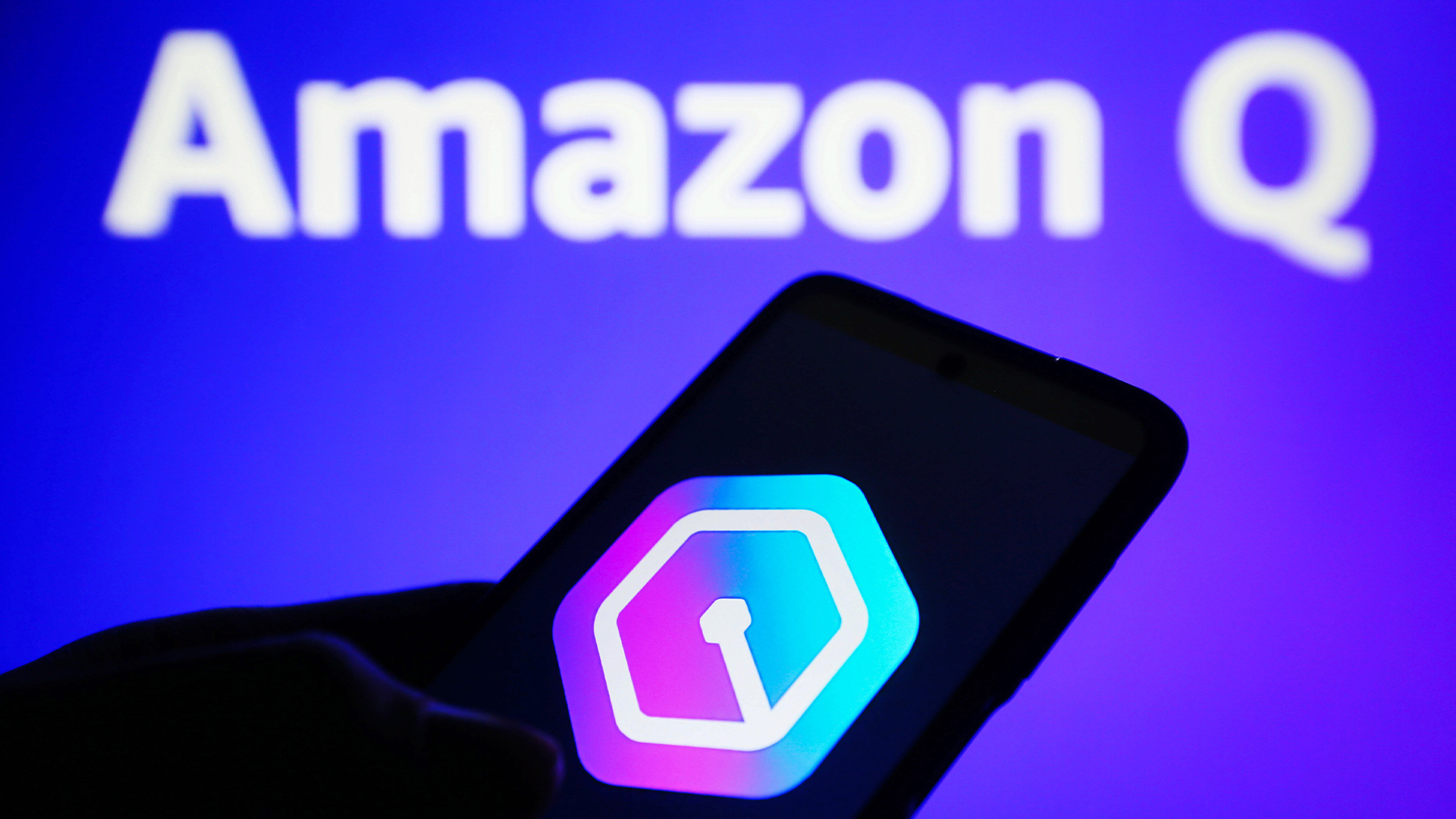 AWS expands language support for Amazon Q Developer
AWS expands language support for Amazon Q DeveloperNews AWS has expanded support for languages in Amazon Q Developer, making it easier for developers to code in their first language.
By Nicole Kobie
-
 Redis insists license changes were the “only way to compete with Amazon and Google” — now it could face a user exodus
Redis insists license changes were the “only way to compete with Amazon and Google” — now it could face a user exodusNews Redis sparked controversy when it announced licensing changes in March this year – but the company believes the move was warranted
By Ross Kelly
-
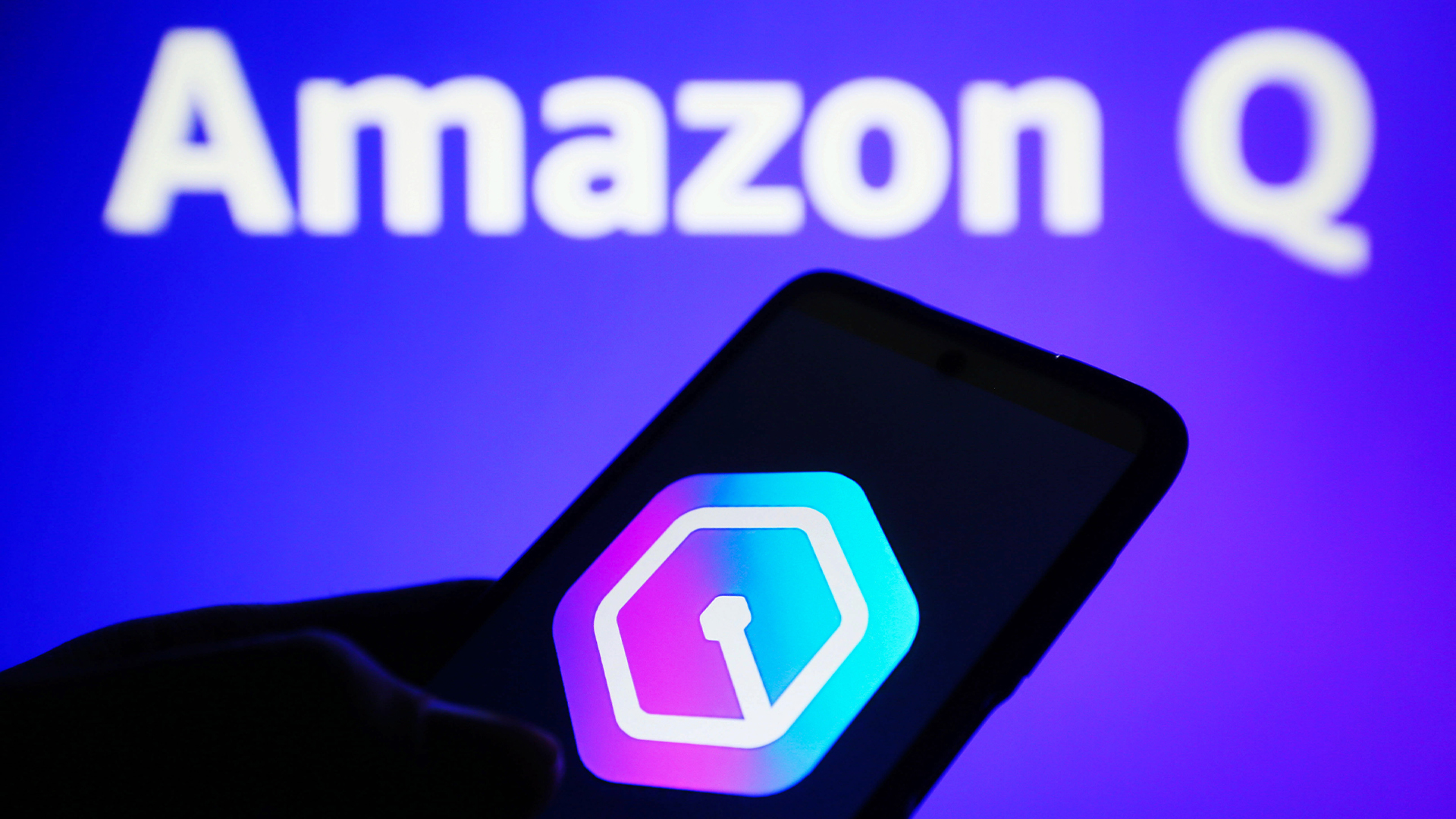 Everything you need to know about Amazon Q, including features, pricing, and business tiers
Everything you need to know about Amazon Q, including features, pricing, and business tiersExplainer Amazon Q can help developers write code faster and help workers with no coding experience build their own generative AI apps
By Steve Ranger
-
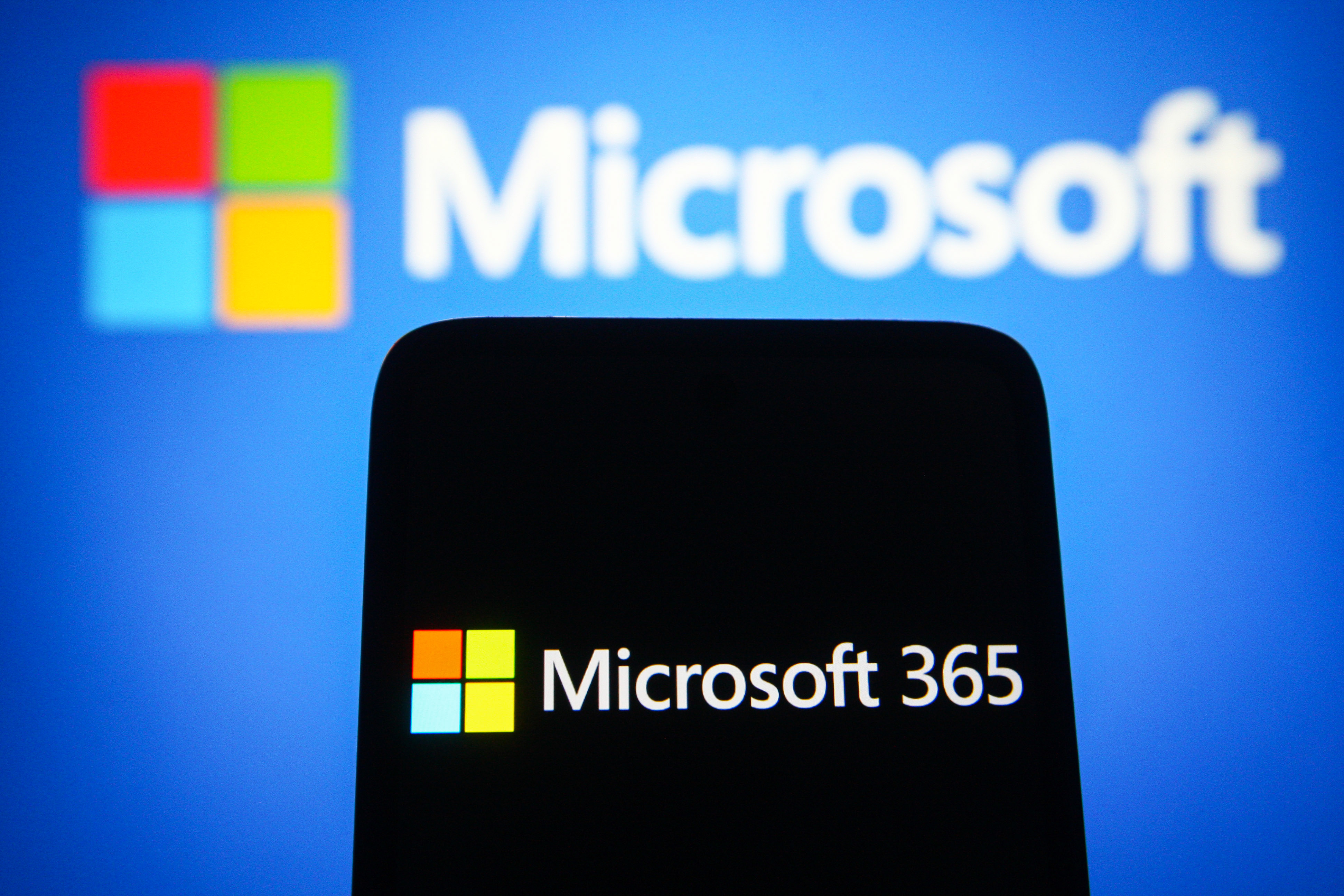 Amazon to become Microsoft 365 customer in landmark $1 billion deal
Amazon to become Microsoft 365 customer in landmark $1 billion dealNews The Microsoft 365 deal marks a major pivot for Amazon, which has traditionally avoided using rival cloud products
By Ross Kelly
-
 Tech giants lobby US to fund chip production
Tech giants lobby US to fund chip productionNews Industry heavyweights ask Congress for $50 billion in chip manufacturing subsidies
By Mike Brassfield
-
 Microsoft has an edge on AWS, according to IT executives
Microsoft has an edge on AWS, according to IT executivesNews Goldman Sachs survey suggests IT executives see Microsoft winning the cloud wars over the next three years
By Bobby Hellard
-
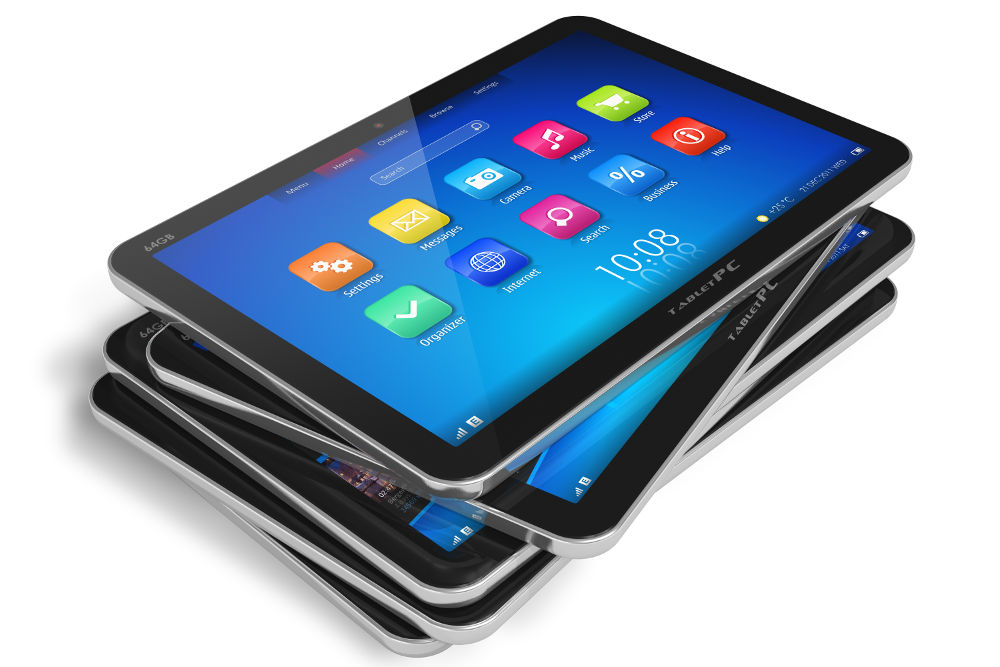 Tablet market falls 15% as low-cost devices lead sales
Tablet market falls 15% as low-cost devices lead salesNews Weakened market caused by 'low-cost detachables" sees third-quarter tablet sales fall by 15%
By Dale Walker
-
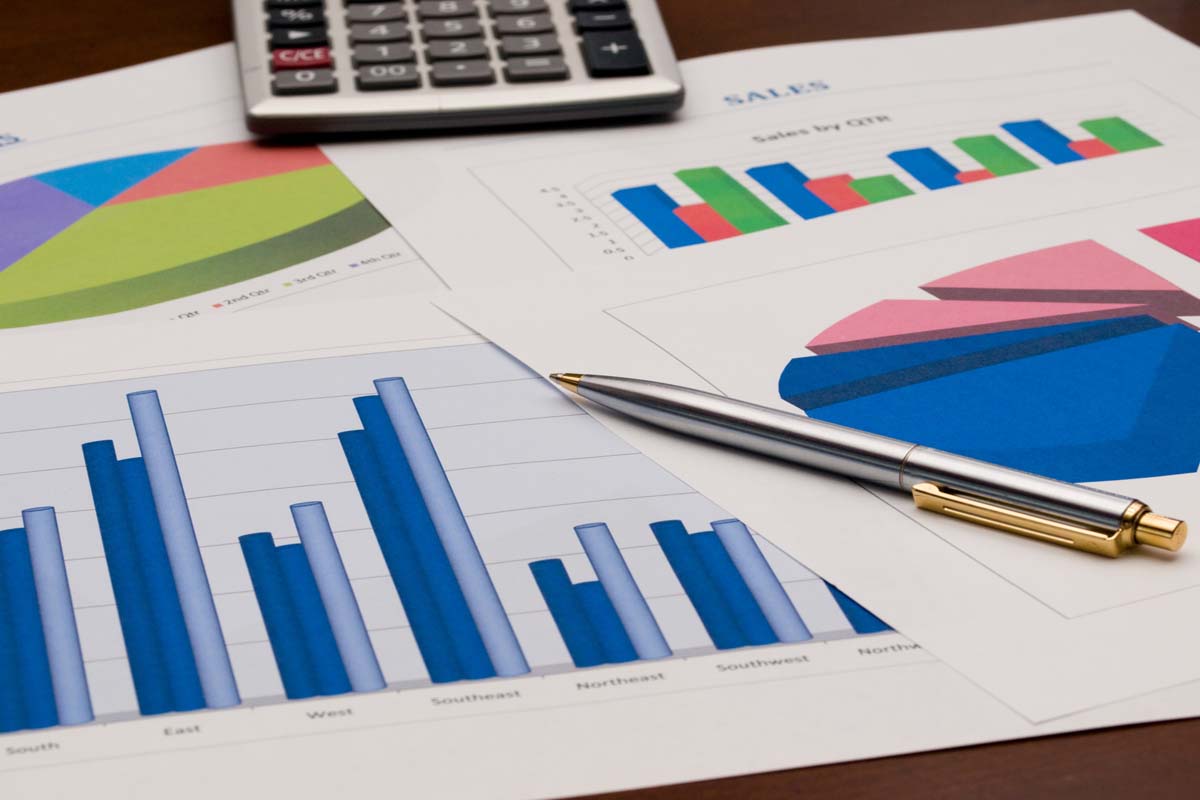 Tablet sales decline, but detachables rise in popularity
Tablet sales decline, but detachables rise in popularityNews Devices such as the iPad Pro and Microsoft Surface are quickly replacing PCs, IDC says
By Clare Hopping